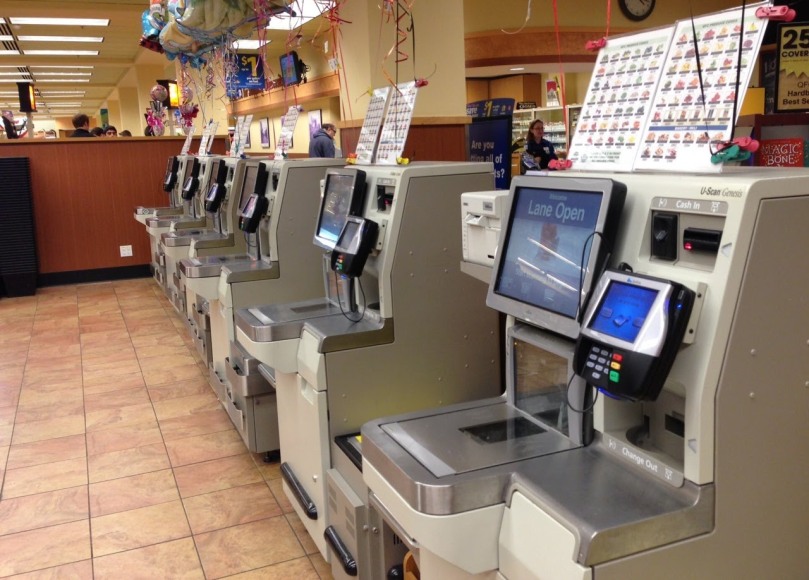People like money. Did you know that? In fact, I’d go as far to say that some people love money. I would not be surprised in the least to find out that somebody, somewhere, worships money; and this is very telling about the state of humanity.
When I first started thinking about college the first question was, what major? Almost immediately, there was a tornado of people telling me what to do with my life. Unsurprisingly, there was a resounding agreement on a few things I shouldn’t do as well. Namely, “don’t major in philosophy” and “Whatever you do, just don’t pick art history”. Disclaimer: no, I don’t say this to bash those majors, in fact it’s quite the opposite. Without even realizing it, I instinctively made the connection that because there were few job opportunities in those fields that I would not be happy. Yet, there is one key element missing here. It’s not the major that makes you unhappy, it’s the lack of work which begets a lack of money; and there’s the kicker. People seem to directly correlate wealth with happiness and, quite often, the line isn’t as clear as we think.
My professor loves to point out his situation. Archaeology has one of the lowest return rates of any college major, yet the people in the field have ludicrously high job satisfaction. How can this be? How can someone be happy and not spend their days swimming around in piles of their own wealth? The answer is simple. They love their jobs more than the love money *gasp-wheeze-girly scream*.
In America we love to compete. In fact, our entire economy is based on competition. Whether we are playing video games, attending college, or working in an office, we can’t help but feel the pressure of other people trying to outdo us; and they are right to try. In our society, you “get ahead” by putting someone else behind you. Welcome to capitalism.
At this point, it may seem to you that I hate our economic system, yet that is not true. I love the idea that one day I could rise to the top and be a part of that small little oligarchy of wealth. This possibility is what allows me to ignore the fact that this system inherently is designed to have people at the bottom. Sure, morally I feel a little guilty, but that’s just the way things have to be… or is it?
 Capitalism is America’s game. We love it. We adore it. We walk around in t-shirts with the word literally splattered across our chests. So no, changing the system really isn’t a fantastic idea. Yet, there are two important statements I would like to make. One, if we continue this system as it is, people need to understand that it is a choice. We don’t have to live the way we do, but we, as a majority, choose to. This may seem like an unfair statement to some, but if we really wanted to, we could change it. I believe this firmly.
Capitalism is America’s game. We love it. We adore it. We walk around in t-shirts with the word literally splattered across our chests. So no, changing the system really isn’t a fantastic idea. Yet, there are two important statements I would like to make. One, if we continue this system as it is, people need to understand that it is a choice. We don’t have to live the way we do, but we, as a majority, choose to. This may seem like an unfair statement to some, but if we really wanted to, we could change it. I believe this firmly.
Secondly, if capitalism is a game, we can choose not to play it. *more gasping and screaming* Wait… what did you say? Yeah, you heard me. No one said you can’t take the rule sheet out of the Monopoly box and scribble your own rules in. That being said, we still need to make money to survive, this is undeniable. Yet, we have the option to choose what we define as success. You don’t have to pick the job that pays more if it makes you miserable. Money makes life easier, not necessarily better, and that is a very significant distinction.
*The unmodified picture is from: https://www.flickr.com /photos/jakecaptive/3422554

 Capitalism is America’s game. We love it. We adore it. We walk around in t-shirts with the word literally splattered across our chests. So no, changing the system really isn’t a fantastic idea. Yet, there are two important statements I would like to make. One, if we continue this system as it is, people need to understand that it is a choice. We don’t have to live the way we do, but we, as a majority, choose to. This may seem like an unfair statement to some, but if we really wanted to, we could change it. I believe this firmly.
Capitalism is America’s game. We love it. We adore it. We walk around in t-shirts with the word literally splattered across our chests. So no, changing the system really isn’t a fantastic idea. Yet, there are two important statements I would like to make. One, if we continue this system as it is, people need to understand that it is a choice. We don’t have to live the way we do, but we, as a majority, choose to. This may seem like an unfair statement to some, but if we really wanted to, we could change it. I believe this firmly. In one of my recent blogs I used the phrase “Tipping-Point” to describe the moment when the division of labor between humans and machines reached a critical point. When I wrote this I was thinking when there was an even 50-50 between people and machines. Yet, I’ve recently been thinking that maybe it doesn’t even have to reach that point to become irrevocable. In many cases, simply by creating a technology the harm is already done. Technology is a fine example of the idea behind Pandora’s box. Once a certain technology is “let-out” there is no going back. And perhaps this is the actual “tipping-point” that I’ve been trying to identify.
In one of my recent blogs I used the phrase “Tipping-Point” to describe the moment when the division of labor between humans and machines reached a critical point. When I wrote this I was thinking when there was an even 50-50 between people and machines. Yet, I’ve recently been thinking that maybe it doesn’t even have to reach that point to become irrevocable. In many cases, simply by creating a technology the harm is already done. Technology is a fine example of the idea behind Pandora’s box. Once a certain technology is “let-out” there is no going back. And perhaps this is the actual “tipping-point” that I’ve been trying to identify.


